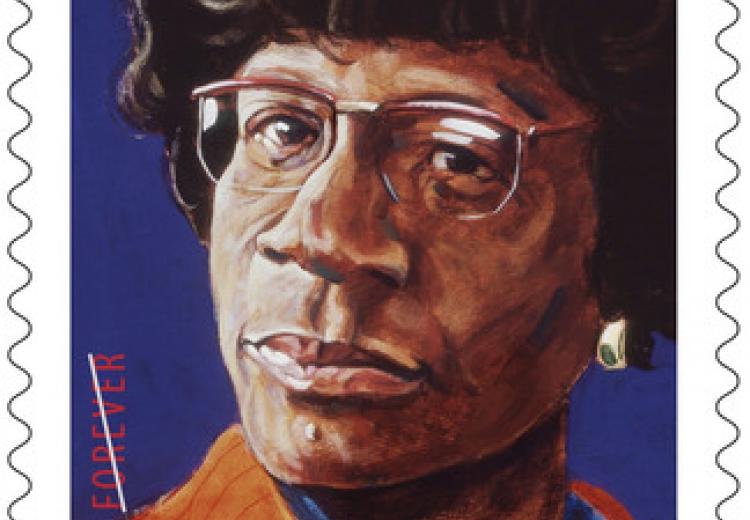Media Resource
BackStory: You've Come A Long Way—A History of Women in Politics

Photo caption
United States Postal Service commemorative stamp of Shirley Chisholm, issued in 2014.
This episode of BackStory examines how women have influenced politics in the United States. From bread riots during the Civil War to the suffrage movement to campaigns for the Presidency of the United States, women have organized, marched, petitioned, and brought about change through grassroots movements and from within institutions of power. Each segment of this audio broadcast includes questions for classroom analysis and discussion.
A full transcript of this episode can be found at the BackStory website.
Clean Up This Mess!
Hello, Dolly!
Give Me Bread or Give Me Blood
Suffering for Suffrage
Meme Busters
A Woman in the White House
Unbought and Unbossed
Related on EDSITEment
Media Resource
BackStory: Women at Work
Teacher's Guide
Women’s History in the United States
Media Resource
BackStory: Shattering the Glass Ceiling
Lesson Plan
